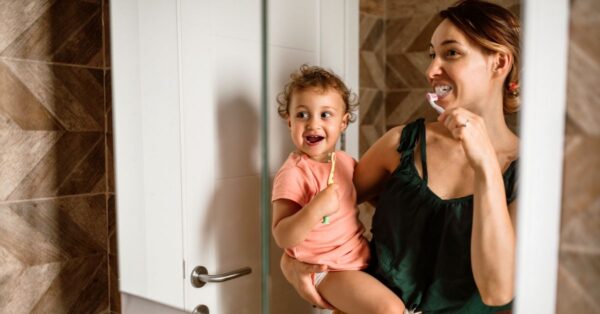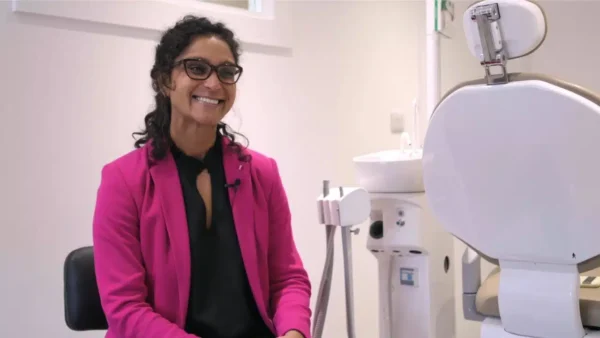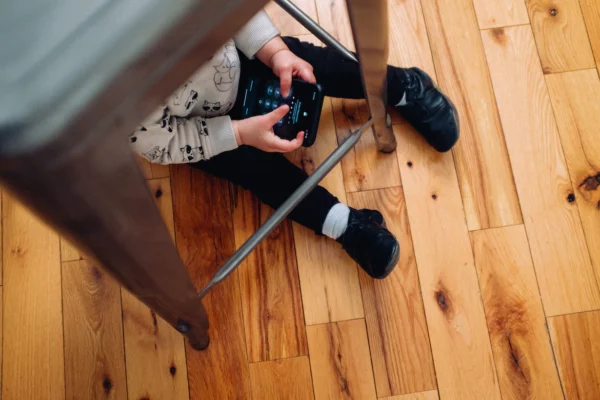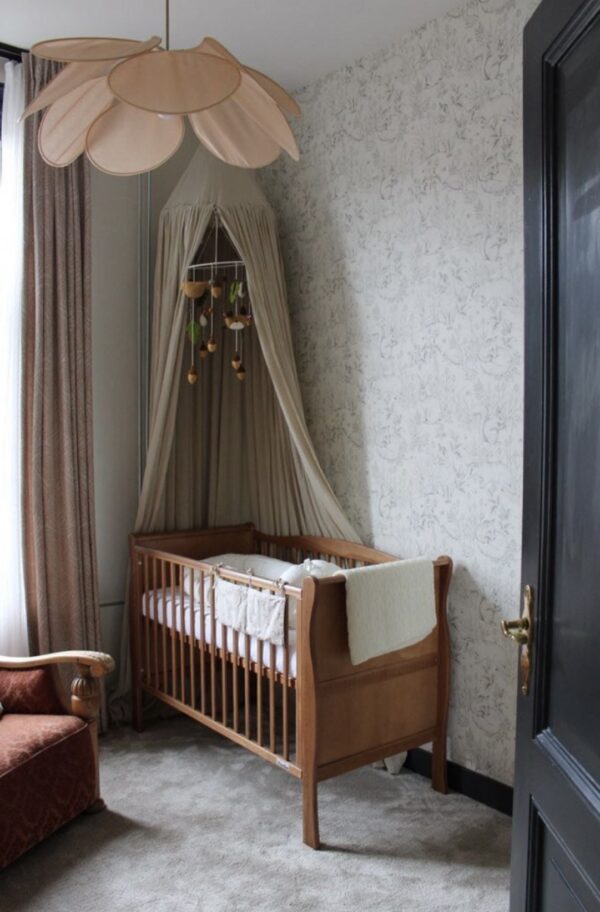
How Can Parents Ensure Kids are Brushing Their Teeth Properly?

Ensuring your kids brush their teeth properly is a common challenge faced by many parents. Good oral hygiene is crucial, not only for maintaining bright smiles but also for preventing the risk of cavities and promoting overall health.
However, convincing children to brush their teeth thoroughly can sometimes feel like an uphill battle for parents. From finding the right techniques to incorporating elements of fun into the practice, we spoke with Dr Smita Mehra, BDS MFGDPRCS, Principal Dentist at The Neem Tree Dental Practice, and here she provides several strategies parents can employ to turn this twice-daily routine into a more positive – and less stressful – experience.

Introduce a teeth cleaning routine as early as possible
“Introducing teeth brushing at a young age helps children to establish it as a regular part of their daily hygiene routines. Children learn by repetition and modelling, so starting the habit early – even before milk teeth have begun to show – sets the foundation for lifelong healthy oral care habits.
“It also helps children become familiar with the process, reducing fear and anxiety associated with dental care, allowing them to develop a positive relationship with oral hygiene.”
Use a timer
“A timer helps ensure that children are brushing their teeth for the recommended duration, which is typically two minutes. Kids may be more inclined to follow a thorough brushing technique when guided by a timer, and may be less distracted by things around them if focused on the seconds counting down.
“Parents can use the timer to supervise their children, ensuring they brush for the recommended duration, even when doing it independently. Without a timer, children may rush through brushing, leading to inadequate cleaning and leaving plaque behind.”
Make it fun
“For younger children, brushing teeth can be a boring or monotonous task. Incorporating a game, or adding some fun to the routine, can therefore encourage kids to be more enthusiastic about the process.
“You can start by letting your child pick out a toothbrush featuring their favourite cartoon character, superhero, or animal. As mentioned previously, you can also use a timer and challenge your child to brush their teeth for the entire two minutes each morning and night. Make it a race against the clock or see if they can beat their previous brushing time.
“Another way to make the routine a more fun experience for kids is to play their favourite song, or by finding one of the many YouTube videos online designed for the activity to play in the background as they brush.By doing so, you can encourage them to clean along to the music, creating a dance party in the bathroom.
“There are also various interactive apps, like Brush Dj or Aquafresh Brush Time, which are available to guide children through the brushing process, featuring games, timers, and educational content.”
Use a mirror to ensure you’re getting every spot
“A mirror allows you to see inside your child’s mouth from different angles, ensuring you can identify and reach all tooth surfaces, including those that are harder to see or reach directly.
“Using a mirror can be a valuable educational tool for teaching children about proper brushing techniques and the importance of oral hygiene.
“They can see first-hand how brushing removes food particles and plaque, getting them more invested in the process. Children may find using a mirror during brushing fun and engaging, as it allows them to participate in their own oral care routine, giving them a sense of independence.”
Encourage a consistent routine
“When brushing becomes a predictable part of their daily routine, children are more likely to stick with it. Children who learn the importance of regular brushing will continue practising it into adulthood.
“Choosing one routine and repeatedly doing it every morning (i.e. after breakfast) and evening (i.e. before a bedtime story), will ensure your kids are brushing correctly, and also can encourage them to start doing it independently.
“Instilling a routine into your children’s lives can also help them outside oral hygiene. It provides them with stability, promotes self-regulation and supports their physical well-being in this instance.”
Make sure an adult is supervising
“Before you let your children start to take charge of their teeth brushing routine, it’s important that they are supervised in the earlier years.
“When an adult is watching over, they can offer guidance on how to properly brush and allow them to correct any mistakes in the child’s teeth brushing technique.
“Supervision also allows adults to give the child praise and offer positive reinforcement, which reinforces good habits and promotes self-esteem and confidence.”
Lead by example
“Children learn by observing the behaviour of adults and their caregivers. They watch how adults interact with each other, handle various situations, and perform everyday tasks. So when it comes to brushing your teeth, they will follow your lead.
“That’s why it’s important to show your children how to properly look after their teeth, by brushing morning and night for approximately two minutes.”












































